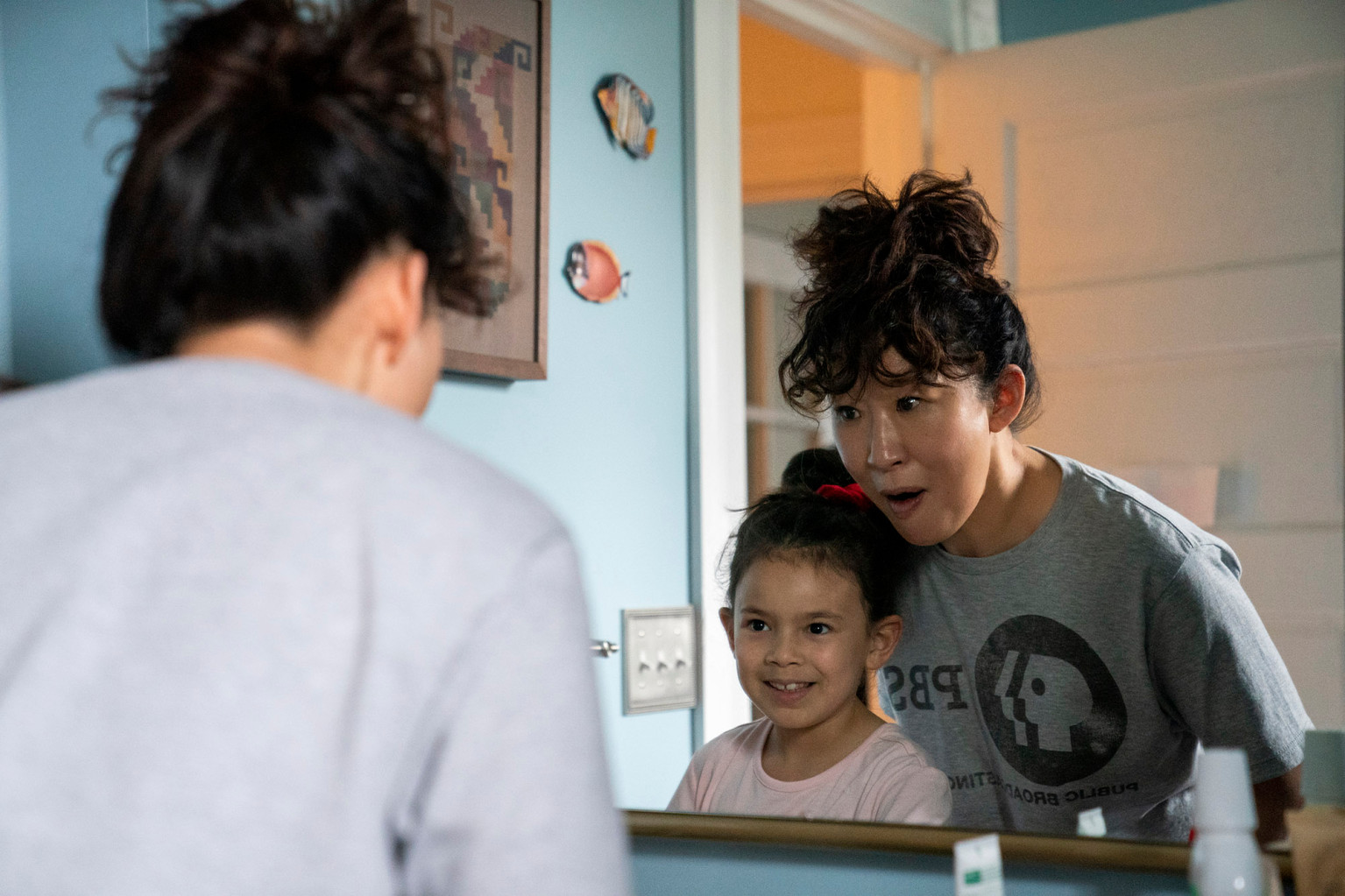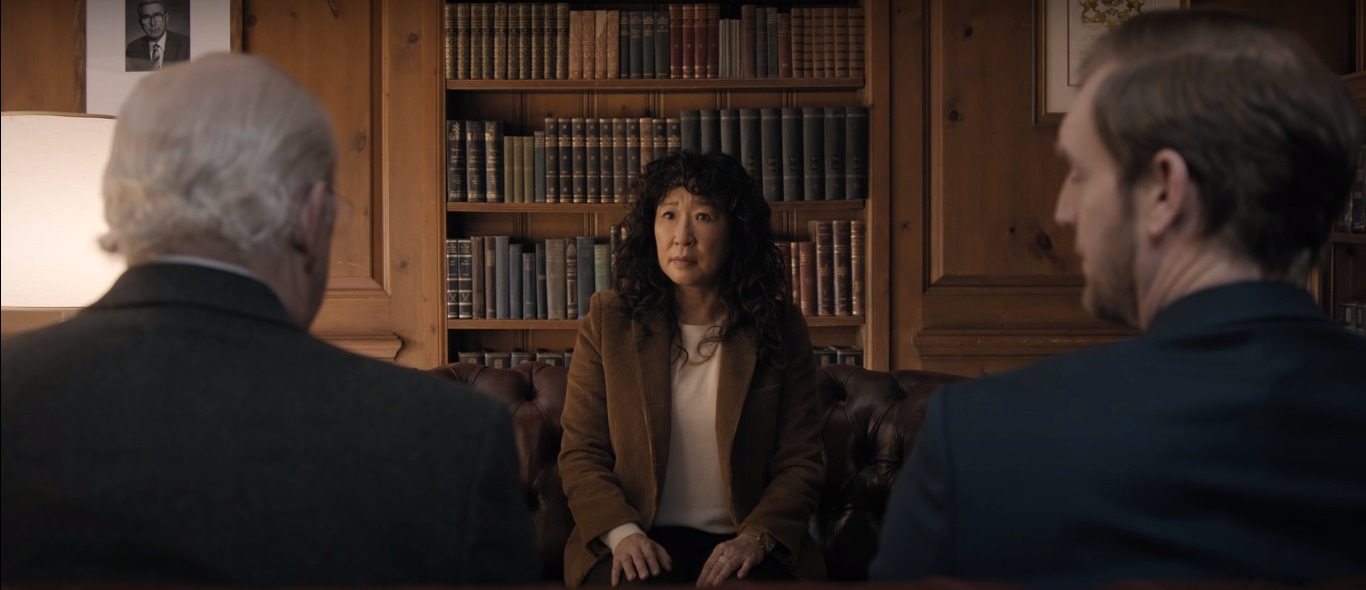Netflix’s ‘The Chair’ gives audiences a peek into the functioning of the flagging English department of a prestigious university. Following Dr. Ji-Yoon Kim as she becomes the department’s first woman chair and also happens to be one of the few faculty members of color, the show takes a measured look at the undercurrents of racism, sexism, and (to an extent) ageism that play subtle yet powerful roles at the institution.
There is some tongue-in-cheek comedy accommodating the everyday situations Ji-Yoon faces with her eccentric colleagues and a lot of commentary on how issues can snowball and be misrepresented. The show has seemingly been lauded as quite accurate by collegiate faculty members and professors, so could it be based on a true story? Let’s find out.
Is The Chair Based on a True Story?
No, ‘The Chair’ is not based on a true story. The show is based on an idea by series co-creator Amanda Peet, with input from Annie Wyman and, apparently, Jay Duplass, who also essays one of the lead characters. According to Amanda, the idea for the show was based on her obsession with making a “workplace romantic comedy.”

This evolved into the question of what would happen if a newly promoted female boss had to discipline a longtime professional ally who transgressed his duties under her watch. This early idea of Amanda’s is clearly seen in the dynamic between Ji-Yoon and Bill (Jay Duplass) as the series opens with Ji-Yoon being elected as the Chair for the English department soon after which Bill, who doesn’t have the cleanest record, inadvertently performs a Nazi salute in class.
Further layers were then added to the story by Amanda, based on the prevailing situation in American academia, particularly that of humanities becoming a less popular option for many students. The concept of the aging professors — who had been champions in the field of education in their heyday but now battle irrelevance and old age — also apparently came from Amanda’s awareness of her age and the constant struggle that everyone understandably faces with regards to relevance in a swiftly changing world.
The show’s major theme of intercultural dynamics was also seemingly inspired by Amanda, who has many Korean-American friends and wanted to include some of the stories she had heard of their experiences growing up in a bi-cultural household. In the show, the co-creator has taken things one step further, with Ji-Yoon essentially trying to bridge the cultural divides between her Korean heritage and her adopted daughter’s Latin heritage.
The cultural confusions and language barriers on display are engaging reminders of the vast differences in belief systems amongst people from different backgrounds, making their coming together on the show all the more poignant. The complex role of the central character of Ji-Yoon is fittingly essayed by Sandra Oh, who is a Canadian-American of South Korean heritage.
‘The Chair,’ despite being a fictional story, rings true on many levels because of the timely issues it touches upon. Even the intricacies of the inner workings of educational departments as portrayed on the show have been deemed accurate by associates of Jay Duplass who work in the field. Amanda also admitted that the show is inspired by a melange of her own experiences, which is likely why the fictional story of ‘The Chair’ feels as nuanced and complex as a true story. The inconclusive note that the show closes on, leaving many plot points open and relationships ambiguous, further adds to it feeling like the show is rooted in reality.
Read More: Best Drama Shows on Netflix


You must be logged in to post a comment.